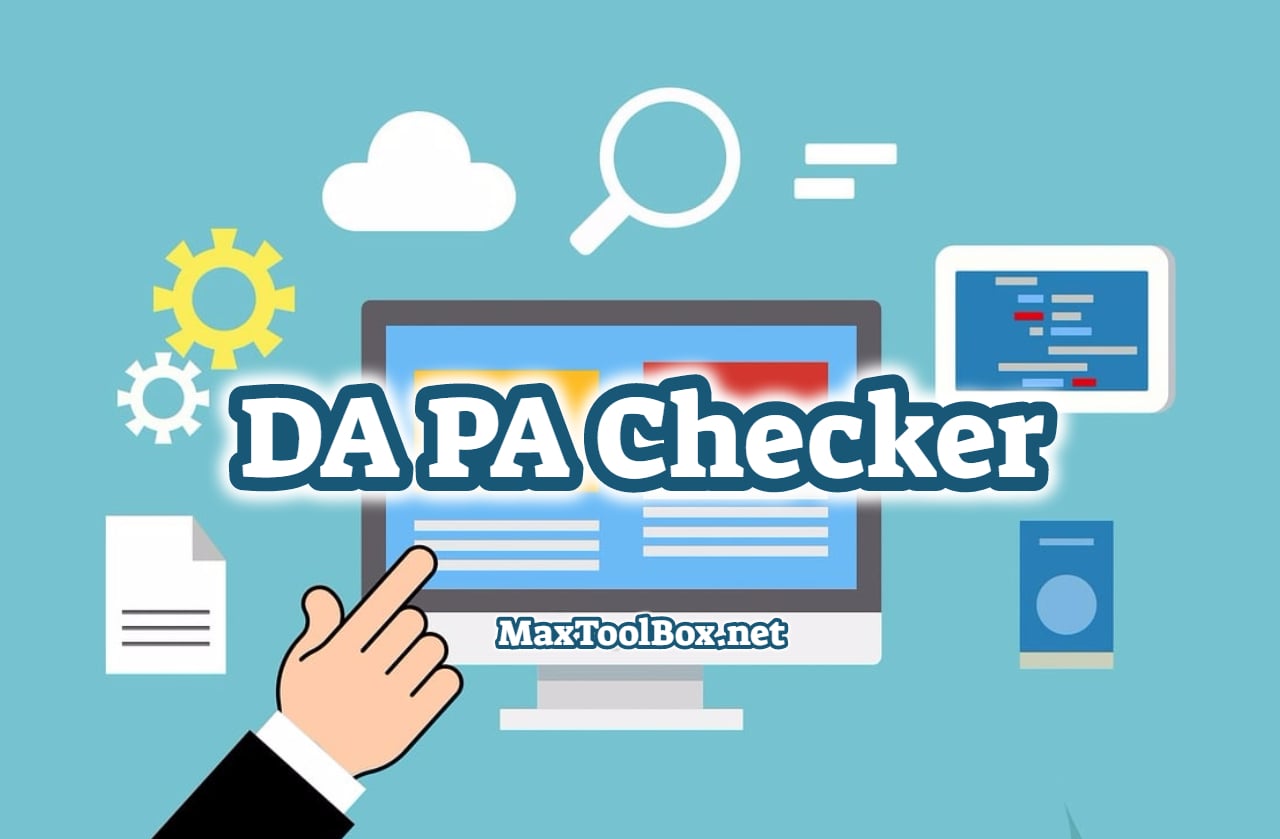Understanding the different types of tax accountants is crucial for individuals and businesses looking to manage their finances effectively. Among the various types, certified and chartered tax accountants are two of the most recognized professionals in the field. But what exactly sets them apart? This article explores the key differences, educational requirements, and roles of certified and chartered tax accountants to help you make an informed decision.
What is a Tax Accountant?
A tax accountant is a financial expert specializing in tax law, preparation, and compliance. They play a crucial role in helping individuals and businesses file their taxes, minimize tax liabilities, and stay compliant with tax regulations. Tax accountants are responsible for preparing tax returns, advising on tax planning strategies, and ensuring that their clients adhere to all relevant tax laws.
Understanding Certifications and Charters
Before diving into the specifics of certified and chartered tax accountants, it’s essential to understand what certification and chartered status mean.
Typically refers to a formal recognition by a professional body that an individual has met specific educational and experience requirements in a particular field. It is often a higher-level qualification that involves meeting rigorous standards set by a professional body, including advanced education, professional experience, and passing comprehensive exams.
What is a Certified Tax Accountant?
A certified tax accountant in the uk is a professional who has earned a certification in tax accounting, such as the Certified Public Accountant (CPA) designation in the United States. This certification process usually involves passing a series of exams, meeting educational requirements, and gaining relevant work experience.
Common Certifications in the Industry
-
Certified Public Accountant (CPA)
-
Enrolled Agent (EA)
-
Certified Management Accountant (CMA)
Roles and Responsibilities of a Certified Tax Accountant
Certified tax accountants typically focus on preparing tax returns, providing tax advice, and ensuring compliance with tax laws. They may also represent clients in tax audits and disputes with tax authorities.
What is a Chartered Tax Accountant?
A chartered tax accountant, on the other hand, holds a chartered designation, such as the Chartered Accountant (CA) or Chartered Tax Advisor (CTA). Becoming chartered involves a more extensive qualification process, including higher education, professional exams, and significant work experience.
Requirements for Becoming Chartered
-
Completion of a degree in accounting or a related field
-
Passing a series of professional exams
-
Gaining several years of work experience under a chartered accountant
Roles and Responsibilities of a Chartered Tax Accountant
Chartered tax accountants often provide more complex tax planning and advisory services. They are qualified to handle high-level tax issues, offer strategic tax planning, and provide expert advice on mergers, acquisitions, and international tax matters.
Educational and Training Requirements
Both certified and chartered tax accountants must meet rigorous educational and training standards, but the pathways can differ significantly.
-
Certified Tax Accountant: Typically requires a bachelor’s degree in accounting, followed by certification exams and practical experience.
-
Chartered Tax Accountant: Usually requires an advanced degree and a combination of exams and extensive professional experience.
Training Programs and Exams
Chartered tax accountants often undergo more intensive training programs and must pass multiple exams that cover a broader range of topics than those required for certification. Both certified and chartered tax accountants are often members of professional bodies that govern their practice.
Organizations for Certified Tax Accountants
-
American Institute of Certified Public Accountants (AICPA)
-
National Association of Enrolled Agents (NAEA)
Organizations for Chartered Tax Accountants
-
Institute of Chartered Accountants (varies by country)
-
Chartered Institute of Taxation (CIOT)
Scope of Work
The scope of work for certified and chartered tax accountants can vary, but there are overlaps.
Certified tax accountants typically focus on tax preparation, compliance, and basic tax planning. Chartered tax accountants often offer a broader range of services, including complex tax planning, advisory services, and handling international tax issues. The legal powers and jurisdiction of certified and chartered tax accountants can vary depending on the country and the specific certification or chartered status.
Legal Powers of Certified Tax Accountants
Certified tax accountants, such as CPAs, have the authority to represent clients in tax matters before the IRS and other tax authorities. Chartered tax accountants typically have broader authority, particularly in international tax matters, and may hold senior positions in large corporations or advisory firms. Both certified and chartered tax accountants must engage in ongoing education to maintain their credentials.
Importance of CPD for Certified Tax Accountants
Certified tax accountants are required to complete continuing education courses to stay updated on tax laws and regulations. Chartered tax accountants often need to fulfill more stringent CPD requirements, covering a broader range of topics beyond just tax laws. The fees charged by certified and chartered tax accountants can vary based on their level of expertise and the complexity of the services provided.
Typical Fees for Certified Tax Accountants
Certified tax accountants usually charge lower fees for basic tax preparation and compliance services. Chartered tax accountants tend to charge higher fees, especially for complex tax planning and advisory services. Both certified and chartered tax accountants adhere to strict ethical standards, but the specifics can vary.
Ethics for Certified Tax Accountants
Certified tax accountants are bound by the ethical standards set by their certifying bodies, such as the AICPA. Chartered tax accountants follow the ethical guidelines established by their professional organizations, which often include more comprehensive rules on professional conduct. Client trust and perception can play a significant role in choosing between a certified and a chartered tax accountant.
How Clients View Certified Tax Accountants
Certified tax accountants are often seen as reliable for standard tax preparation and compliance needs. Chartered tax accountants are typically perceived as experts in complex tax matters and strategic planning.
Choosing Between a Certified and Chartered Tax Accountant
When deciding between a certified and a chartered tax accountant, several factors should be considered.
Factors to Consider When Choosing
-
Complexity of Tax Needs: If you require complex tax planning, a chartered accountant may be more suitable.
-
Budget: Certified tax accountants may offer more affordable services for basic tax needs.
-
Jurisdiction: Consider the legal authority and jurisdiction of the accountant, particularly for international tax matters.
Recommendations for Different Client Needs
-
Small Businesses: A certified tax accountant may be sufficient for basic tax preparation.
-
Large Corporations: A chartered tax accountant might be necessary for complex tax planning and international tax issues.
Conclusion
In summary, the primary difference between a certified and a chartered tax accountant lies in their qualifications, scope of work, and the complexity of services they offer. Certified tax accountants are ideal for basic tax preparation and compliance, while chartered tax accountants provide more specialized and complex services. Understanding these differences can help you choose the right professional for your tax needs.
FAQs
1. What are the key differences in qualifications between certified and chartered tax accountants?
Certified tax accountants typically hold certifications like CPA, requiring specific exams and experience. Chartered tax accountants have more advanced qualifications, including higher education and extensive exams.
2. Are the services provided by certified and chartered tax accountants the same?
No, certified tax accountants generally focus on tax preparation and compliance, while chartered tax accountants offer more complex tax planning and advisory services.
3. How does one become a chartered tax accountant?
Becoming a chartered tax accountant requires completing an advanced degree, passing several professional exams, and gaining significant work experience.
4. Is a certified tax accountant sufficient for small businesses?
Yes, a certified tax accountant is often sufficient for small businesses needing basic tax preparation and compliance services.
5. What should I consider when choosing between a certified and a chartered tax accountant?
Consider the complexity of your tax needs, your budget, and the legal authority required. For complex or international tax issues, a chartered tax accountant is recommended.




